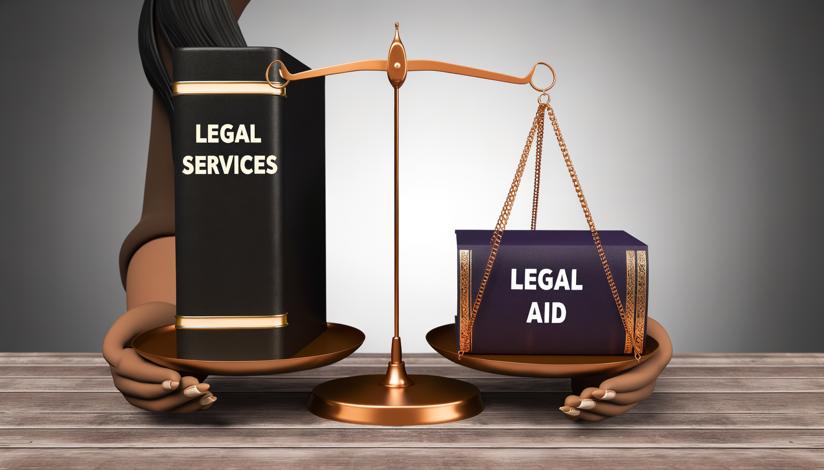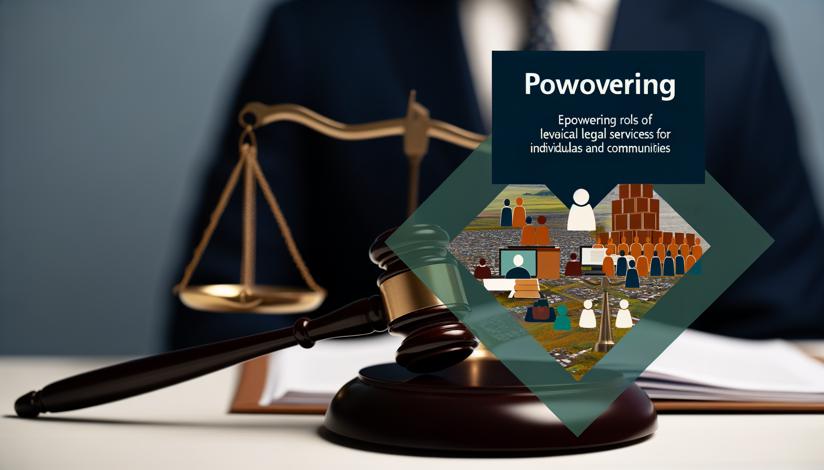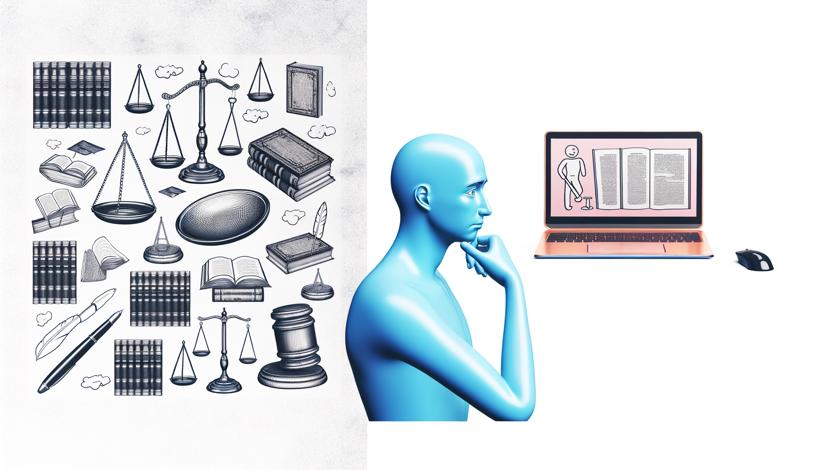

Legal services generally refer to private legal firms or attorneys who offer professional advice and representation to clients. These services are usually paid for by the individual seeking legal help. They cover a wide range of legal issues, such as criminal defense, family law, estate planning, and business law. Legal services often provide tailored solutions based on specific client needs and offer a more personalized approach to legal matters.
In contrast, legal aid is a government-funded program that provides free or low-cost legal assistance to individuals who cannot afford private legal services. Legal aid is designed to ensure equal access to justice for all individuals, regardless of their financial situation. The scope of services provided by legal aid may vary depending on the jurisdiction, but it generally includes civil legal matters like landlord-tenant disputes, immigration cases, and public benefits claims.
Affordability is a key difference between legal services and legal aid. Legal services are usually more expensive as they involve paying for the expertise and time of a private attorney. The cost may vary depending on the complexity of the case and the reputation of the attorney. On the other hand, legal aid services are either free or provided at a reduced cost based on the individual's income and assets. This makes legal aid more accessible to individuals who cannot afford private legal services.
Another important difference is eligibility. To access legal services, individuals do not have to meet any specific income requirements. They can seek assistance from any private attorney or legal firm of their choice. Legal aid, however, has specific eligibility criteria based on income and other factors. These criteria vary from jurisdiction to jurisdiction, but they generally prioritize assistance to low-income individuals, victims of domestic violence, individuals with disabilities, and elderly individuals.
In conclusion, while both legal services and legal aid provide legal assistance, their differences lie in the scope of services, affordability, and eligibility criteria. Legal services offer personalized assistance and cover various legal matters, but they come at a higher cost. Legal aid, on the other hand, provides free or low-cost assistance to individuals who meet specific income requirements. Understanding these differences can help individuals choose the most appropriate option based on their needs and financial situation.

Personalized assistance tailored to specific needs
Extensive coverage of legal matters
Choice of attorney or legal firm

Higher cost
Limited access for low-income individuals
Varied eligibility criteria across jurisdictions




















-
https://www.lawhelp.org/
-
https://www.americanbar.org/

































